
The Malaysian government recently came out with its long-term policy goals in the 12th Malaysian Plan and it placed a great emphasis on the inculcation of green technology and environmental conservation among the Malaysian society. Green technology is vital for sustainable development to meet the needs of the present generation without compromising the ability of future generations to meet their needs. The development of green and sustainable technology enables significant savings in the use of energy and materials. In addition, it substitutes the use of non-renewable, non-biodegradable or extractive resources to renewable, biodegradable and restorative inputs besides reducing and preventing emissions, contaminations and negative environmental impacts.
Realising the significance of green technology and environmental conservation, Universiti Tunku Abdul Rahman (UTAR) had taken its own initiative to conserve energy, improve and preserve the environment for sustainability as a way of educating its students. To date, UTAR has launched a total of 14 green projects since 2016. The projects saw the involvement of 659 students and 167 staff altogether from different departments and faculties, namely Faculty of Engineering and Green Technology (FEGT), Faculty of Science, Lee Kong Chian Faculty of Engineering and Science as well as some external stakeholders and government organisations. UTAR has been consistent in organising various green programmes and academic conferences to display its endless support towards establishing a greener Malaysia. Some of the programmes organised by UTAR were the River Ranger—Kinta River Education Programme, Effective Microorganisms (EM) Mud Balls project, Agriculture Technology Seminar, Engineering and Green Technology Conference, Go Green project and Make It Green community project, to name a few.
The River Ranger—Kinta River Education Programme is one of the many significant projects organised by UTAR to create awareness on the effects of pollution on our environment. The programme aims to educate both students and the public through talks and demonstrations on how to manage solid wastes. For example, on 21 January 2017, FEGT staff and students distributed pamphlets that contained information on how to dispose solid wastes and explained the need for recycling to the local community. This programme is held annually with the involvement of UTAR students, staff and the local community.
The EM mud balls project, on the other hand, served as a platform to enrich the participants’ knowledge on the purpose of EM mud balls, the making process, and its contribution to lake rehabilitation. This project was conducted in several phases; one of which saw FEGT and the Built Environment Society joining hands to initiate an environmental awareness workshop called “Water Pollution? Mud balls are the Solution!” at Kampar Campus on 12 March 2016. The workshop was sponsored by 1Malaysia For Youth (IM4U) and was participated by 44 UTAR students and staff as well as Kampar residents.
These projects were conducted side-by-side along with UTAR’s consistent research on green technology and environmental conservation. The University also collaborated with many companies such as Ken Holdings Bhd and Doshin Rubber Products (M) Sdn Bhd on green technology and other R&D projects to ensure that their research output is marketable. On its commitment to teaching and research, especially research on improving products and services, medical and health issues, environmental conservation and green technology, UTAR has more than 200 on-going research projects in various fields and 32 research centres. In addition, there are four endowed professor chairs sponsoring research in key areas. More than RM53.6million in internal research funding and RM51.1million in external research funding have been allocated so far with the support and sponsorship from industry corporations as well as government agencies such as the Malaysia Toray Science Foundation, Ministry of Energy, Science, Technology, Environment and Climate Change (MESTECC), Ministry of Higher Education (MOHE), Malaysia Digital Economy Corporation (MDEC), Malaysian Communications and Multimedia Commission (MCMC), and many others including the International Foundation for Science and INSAP. In the next issue, UTAR’s contribution to education will be discussed.
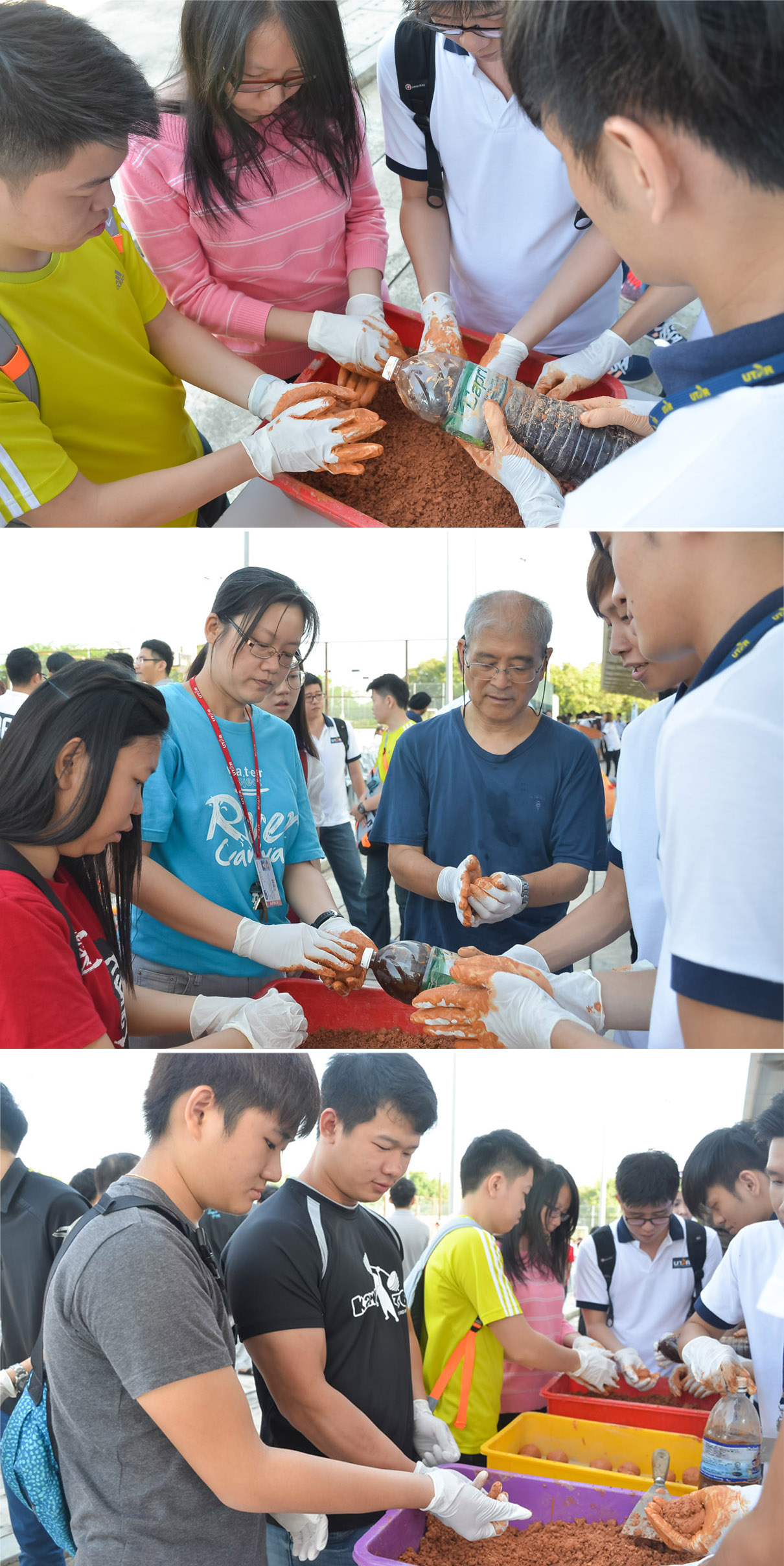
Facilitators guiding the participants to make their own mud balls
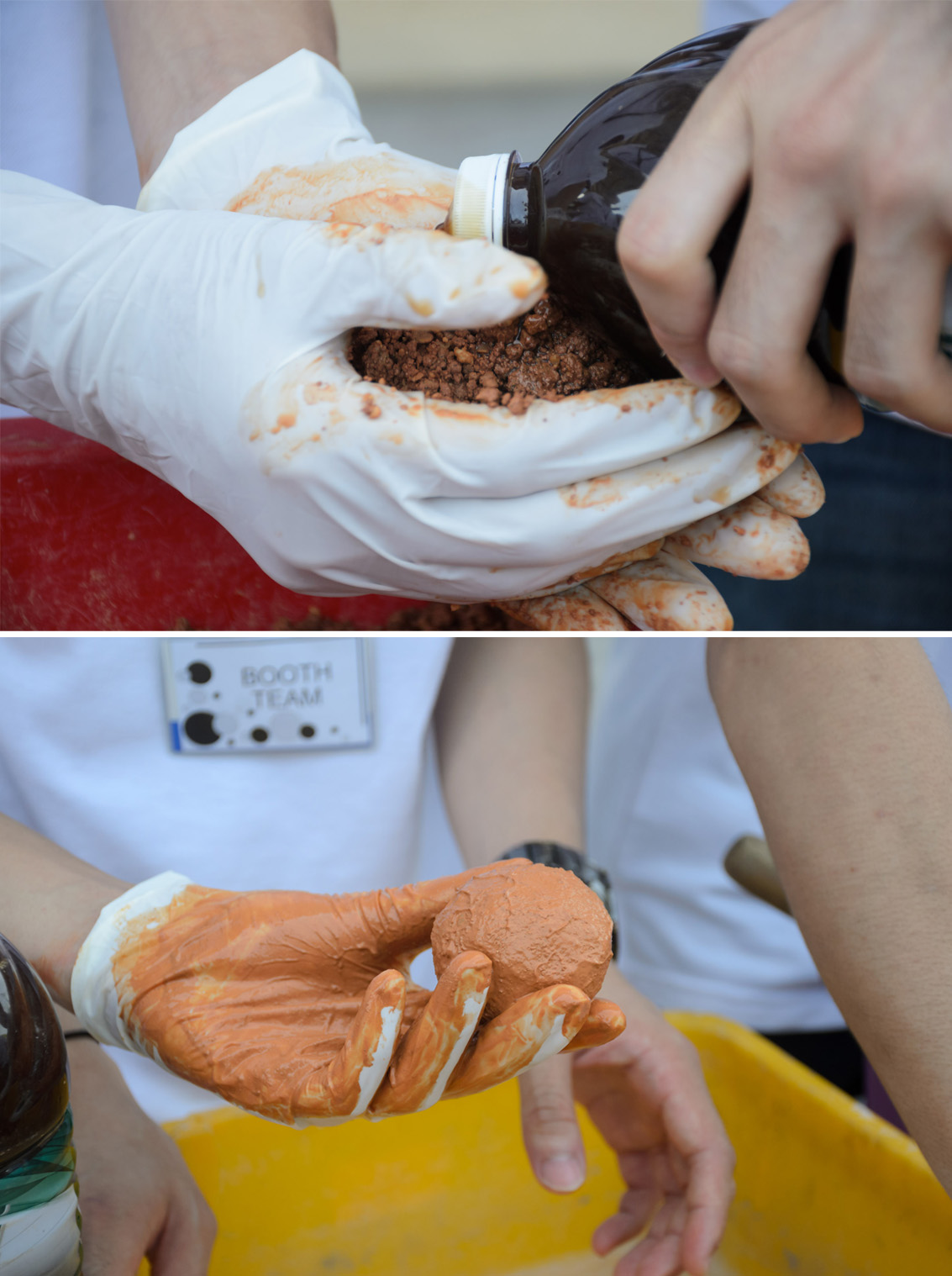
The making process of EM mud balls
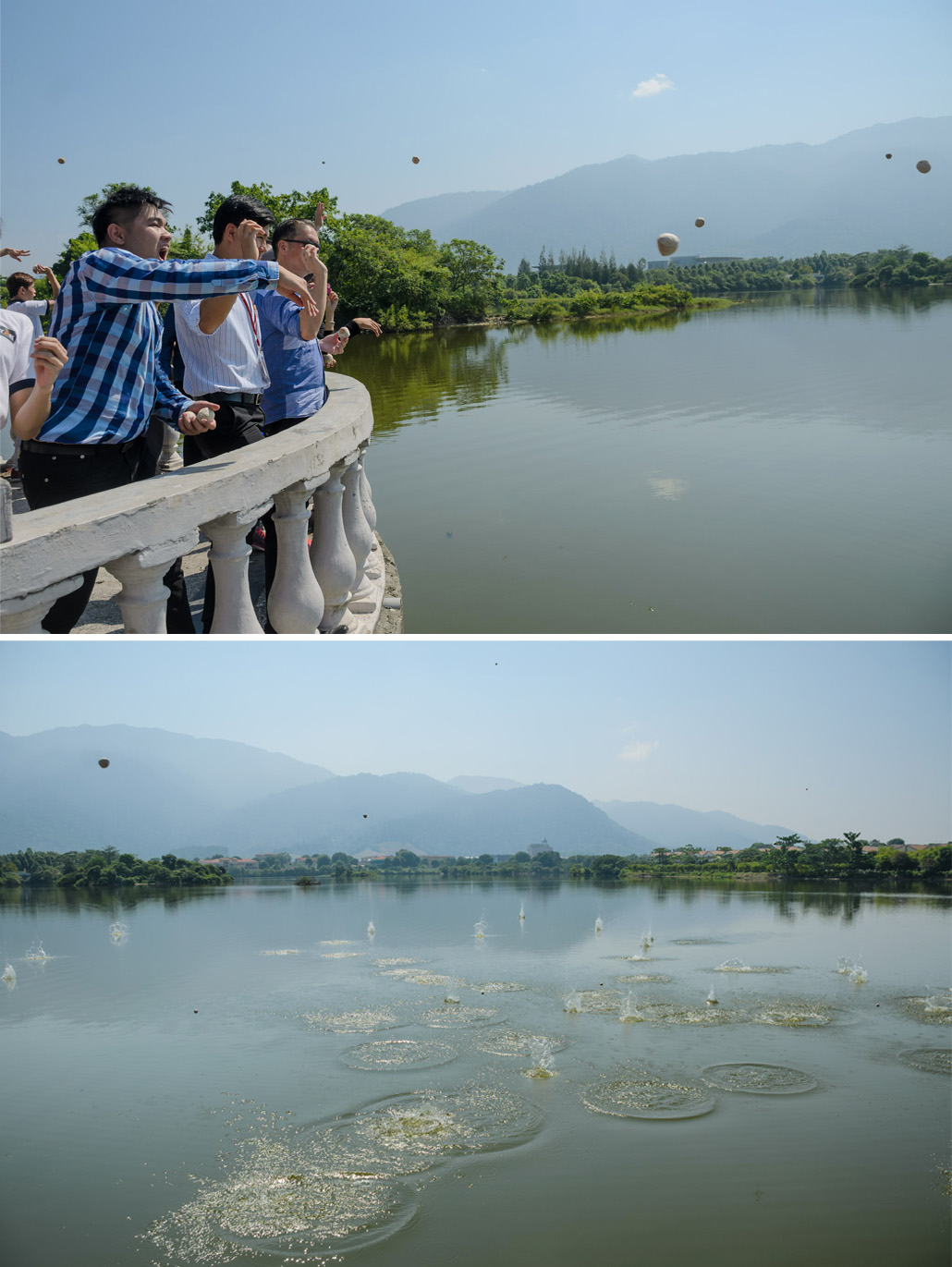
Participants throwing the mud balls into the lake
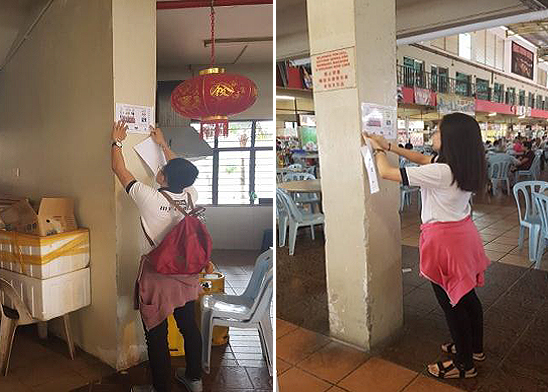
The participants of River Ranger Community Service pasting pamphlets on the wall
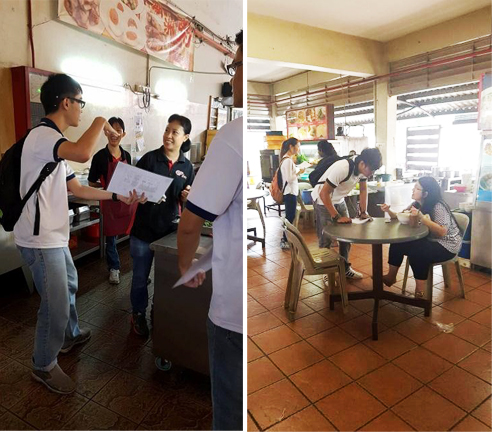
UTAR students distributing pamphlets and sharing information 
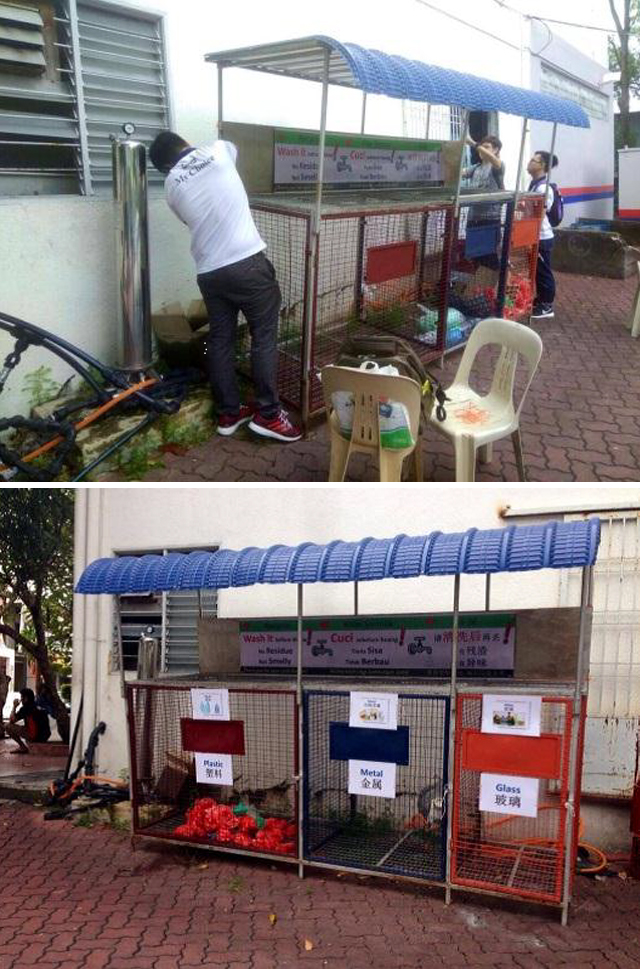
Students setting up a recycling corner
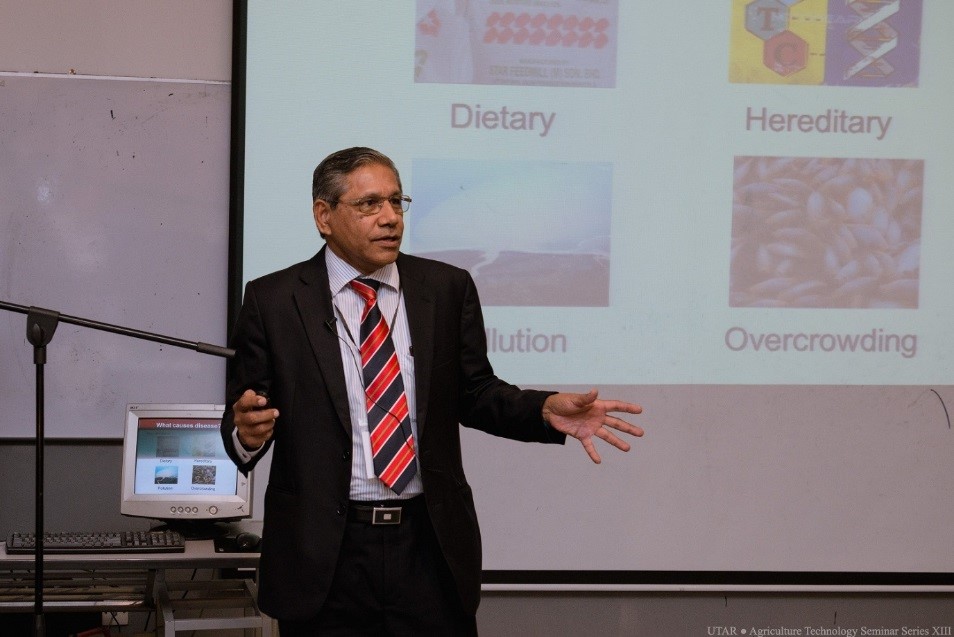
Prof Dato’ Dr Mohamed Shariff from UPM explaining how stress could cause an outbreak of fish diseases during AgriTech Seminar
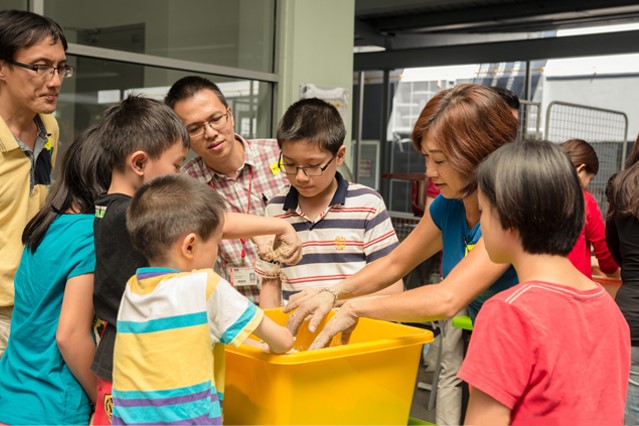
Dr Goh Wei Lim from the Faculty of Science guiding participants to prepare the Bokashi compost during Agriculture Workshop
© 2019 UNIVERSITI TUNKU ABDUL RAHMAN DU012(A).
Wholly owned by UTAR Education Foundation Co. No. 578227-M LEGAL STATEMENT TERM OF USAGE PRIVACY NOTICE